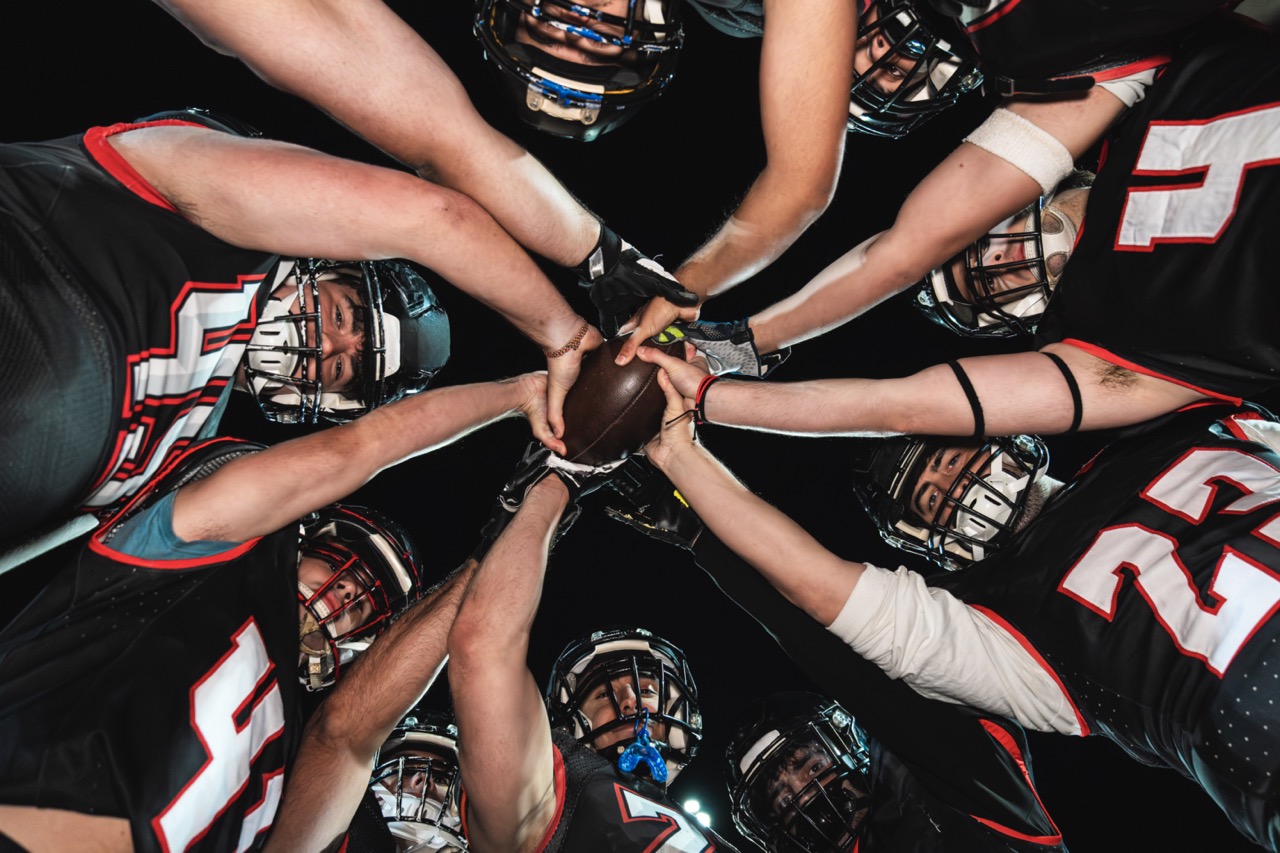Sleep: The Hidden Edge for Athletic Performance

One of the most impactful topics explored in Episode 125 of the Mental Mettle Podcast is the science—and overlooked power—of sleep for elite performance. As a coach who’s experienced firsthand the mental and physical toll of sleep issues, Coach Matt Thomann dives deep into how quality rest is not just for recovery, but a true superpower for athletic and cognitive growth.
Why Sleep is the Hidden Edge
Sleep deprivation isn’t just an inconvenient part of a busy schedule—it directly erodes an athlete’s ability to perform, focus, retain information, and recover after stress or competition. Countless athletes, especially those balancing academics and sports, average less than the recommended seven to nine hours per night. Studies reveal that chronic sleep loss disrupts reaction time, decision making, and even emotional regulation, leading to more injuries, poor decision-making, and inconsistent motivation.
Sleep Science: The Stanford Basketball Study
One of the episode’s central highlights is a widely cited study involving the Stanford men’s basketball team. Researchers tracked the sleep habits of 11 college players, then worked with coaches and staff to extend their nightly rest from an average of just under seven hours up to around 8.5 hours per night over several weeks. The results were stunning:
- Free throw percentage increased by 9%
- Three-point shooting improved by 9.2%
- Sprint and reaction times got shorter
- Reported mood and overall well-being surged
If you follow basketball stats, a 9% increase in shooting metrics is enormous. For college athletes juggling school and high-intensity training, these gains came from nothing more than prioritizing rest and recovery.
The Dangers of Sleep Debt
Operating with chronic sleep debt means athletes push through foggy practices, risk injury, and struggle to learn and retain fundamentals. Coaches insisting on late-night or marathon training sessions, thinking more hours are always better, may unintentionally sabotage long-term athlete development. Sometimes, the best choice for a team is to cancel practice and send everyone to bed.
How Sleep Fuels Mental Toughness and Growth
For both physical and mental development, sleep is the foundation:
- Builds emotional resilience and sharper decision-making under pressure
- Supports neurological growth, learning, and formation of muscle memory
- Reduces likelihood of burnout and maintains motivation during adversity
Neglecting sleep isn’t a badge of honor—it's a barrier to consistent progress and wellbeing.
Practical Sleep Tips for Peak Performance
Coach Matt Thomann shares actionable strategies for athletes, coaches, and parents:
- Set a consistent sleep routine—even on weekends
- Limit screens and electronics 60 minutes before bed
- Prioritize winding down mentally with stretching, journaling, or breathing exercises
- Create an environment that’s dark, cool, and free from distractions
- Track sleep with a journal or app, aiming to notice patterns that affect mood and performance
Even modest improvements can yield powerful results. Building a “sleep-positive” culture on teams—where recovery is respected as training—is a competitive edge.
Final Thoughts: Shifting the Culture Around Sleep
A well-rested athlete is a more coachable, adaptable, and resilient competitor. As Episode 125 makes clear, mental strength isn’t just forged in the weight room or on the court. It’s built in the hours after practice ends, when the mind and body are allowed to fully recover. Sleep is not laziness—it’s high-level preparation, and every competitive program should treat it as such.
For more insights and practical support in building your team’s mental and physical edge, explore Mental Mettle’s coaching programs and content for next-level growth.
Are you ready to forge your mettle?
More From Mental Mettle

Episode 132: The Power of Hope with Derek Gordon

Episode 125: Sleep is Your Mental and Physical Superpower

Episode 131: Way of the Warrior: Leadership Coaching with SGT. Brett Miller

Episode 130: Happy Thanks"taking"

The Power of Positive Team Culture: How Winning Environments Shape Student-Athletes for Life

